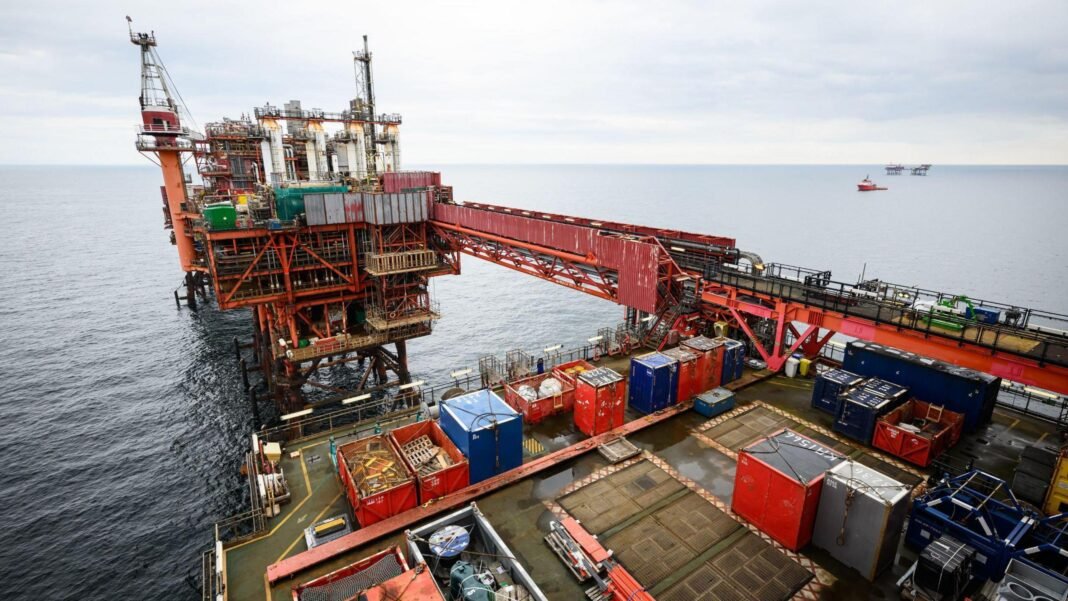The controversial Rosebank oil field just disclosed its full climate impact. This revelation carries significant weight for the UK’s environmental policies. The projected emissions are simply staggering. The field’s developers published a new environmental statement recently. This statement includes emissions from burning the extracted fossil fuels. Consequently, the total carbon footprint appears enormously larger than previously stated.
Previously, the field’s emissions estimate was only 4.5 million tonnes. This figure only accounted for extraction activities on the site. However, a Supreme Court ruling last year changed the requirements. Now developers must assess downstream emissions from product use. Therefore, Equinor recalculated the project’s total environmental cost. The new estimate is a staggering 249 million tonnes of CO2. This amount represents the emissions from burning Rosebank’s oil and gas.
For comparison, the United Kingdom’s entire annual emissions are 371 million tonnes. This new figure highlights the project’s staggering climate impact. Rosebank is the UK’s largest undeveloped oil and gas field. It lies approximately 80 miles northwest of the Shetland Islands. Equinor and Ithaca Energy jointly own the prospective site. The field could contain up to 300 million barrels of oil.
Therefore, the government originally approved the development in 2023. However, environmental groups Uplift and Greenpeace launched a legal challenge. In January, a court ruled in the campaigners’ favor. The judge declared the initial environmental review was insufficient. The court demanded a new assessment including consumption emissions. This led directly to the new public consultation period. This consultation will remain open until November 20th, 2025.
Moreover, energy Secretary Ed Miliband will then make a final decision. Miliband has recently advocated for a clean power transition. He called fossil fuel dependence the nation’s “Achilles’ heel.” Meanwhile, climate campaigners are applying intense pressure. Greenpeace UK called the new data a “brazen admission”. They said it reveals the vast climate damage from Rosebank.
However, Paul Morozzo is a senior climate campaigner for Greenpeace. He strongly condemned the projected emissions from the project. Similarly, Tessa Khan of Uplift called Rosebank a key test. She said it challenges the government’s credibility on climate promises. The UK has a legally binding net-zero by 2050 target. Approving Rosebank seems incompatible with this goal.
Equinor, the Norwegian developer, defended the project. The company claimed the emissions are “not significant”. They made this statement within the context of UK climate commitments. Furthermore, Equinor suggested the oil could benefit UK energy security. The firm stated it would reach the UK via market mechanisms. However, the UK’s climate advisors previously disputed this claim. They said new domestic extraction has a marginal price effect.
Furthermore, the public now has an opportunity to voice its opinion. The consultation period allows for detailed public responses. The final decision rests with the Energy Secretary next year. This choice will profoundly influence the UK’s environmental trajectory. However, the disclosed figures underscore the project’s staggering climate impact. The government must now balance energy concerns with climate pledges. The world is watching this critical decision.
For more business updates, visit London Pulse News.


